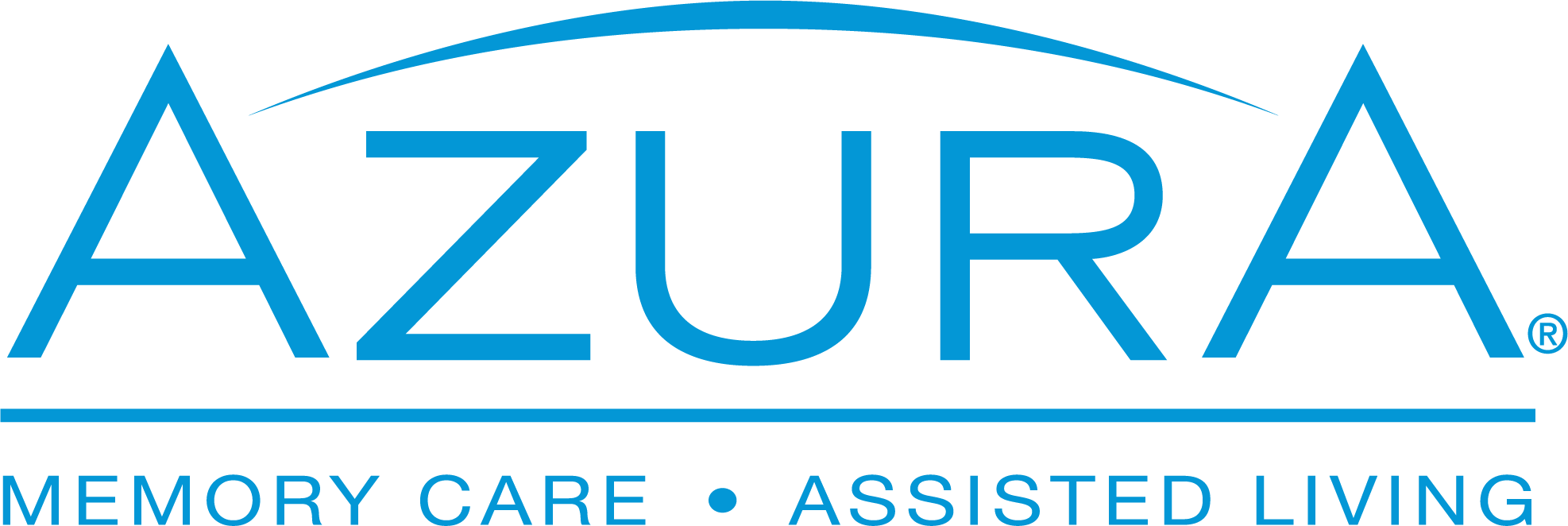It’s like exercise, but for your brain. Engage in educational topics related to memory, participate in mental/physical exercise, learn memory techniques/ strategies and enjoy social support, creativity and laughter.
Classes are offered three times a week for 5 hours, with lunch provided each session. Each day consists of a structured curriculum with a variety of topics. We will incorporate brain games, exercise, and social stimulation. Studies have proven that people who engage in complex tasks (exercising your brain) can significantly lower the risk of Dementia including improving the cognitive function of the brain. The Mayo Clinic study done in 2009 reported that people who engaged in mentally challenging activities in their 50’s and 60’s were 40% less likely to suffer memory problems.
Azura’s Marie Schulist made an appearance on The Morning Blend to deep dive into our brand new program!
Contact Marie to schedule a free class or RSVP for the info session!
Marie Schulist, MOSAIC & Engagement Specialist
marie@azuraliving.com, or call 414-758-0394.
Info Sessions:
February 20th at Noon on Zoom – head to azuraliving.com/events to access link
February 23rd at 5 PM in person – 7770 N. Port Washington Rd. Fox Point
February 25th at 10 AM in person – 7770 N. Port Washington Rd. Fox Point
Still not sure about the T.I.M.E. Program? Here is more information on the importance of cognitive stimulation!
Cognitive stimulation for individuals with memory loss can involve various activities that help keep the brain active and engaged, such as:
- Mind games: Playing brain-training games and puzzles, such as crosswords, sudoku, and memory matching games, can help stimulate the brain and improve memory.
- Social interaction: Engaging in social activities, such as joining a club or group, volunteering, or visiting with friends, can provide mental stimulation and help boost memory.
- Physical activity: Regular physical activity, such as walking or doing yoga, can improve blood flow to the brain and increase cognitive function.
- Learning new skills: Trying new activities or learning a new skill, such as knitting or playing a musical instrument, can provide mental stimulation and challenge the brain.
- Reading and writing: Engaging in activities that stimulate the brain, such as reading and writing, can help improve memory and cognitive function.
It’s important to note that cognitive stimulation should be customized to each individual’s interests and abilities for maximum benefit.

